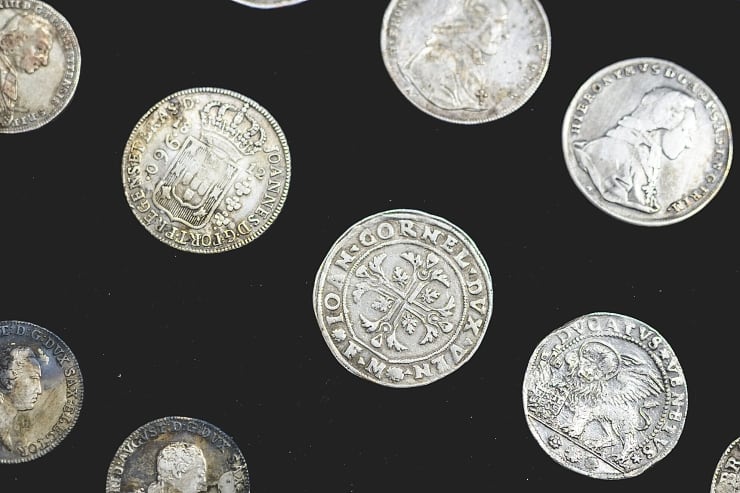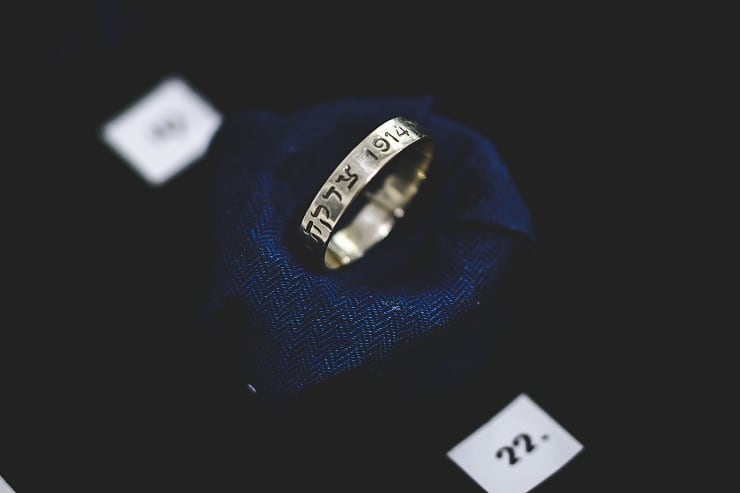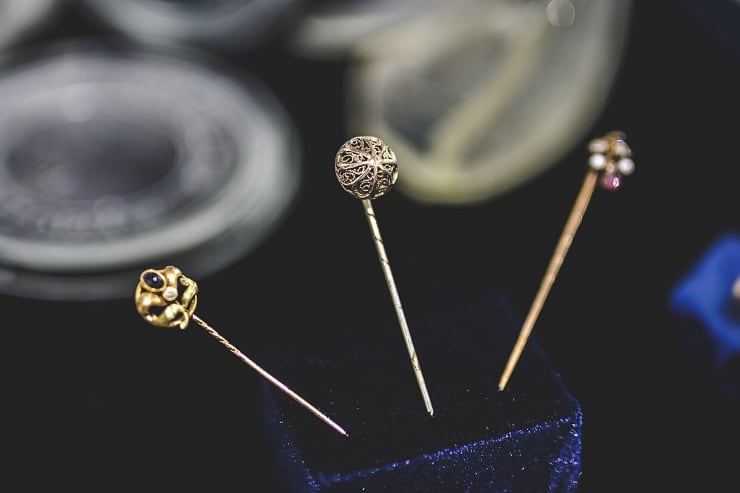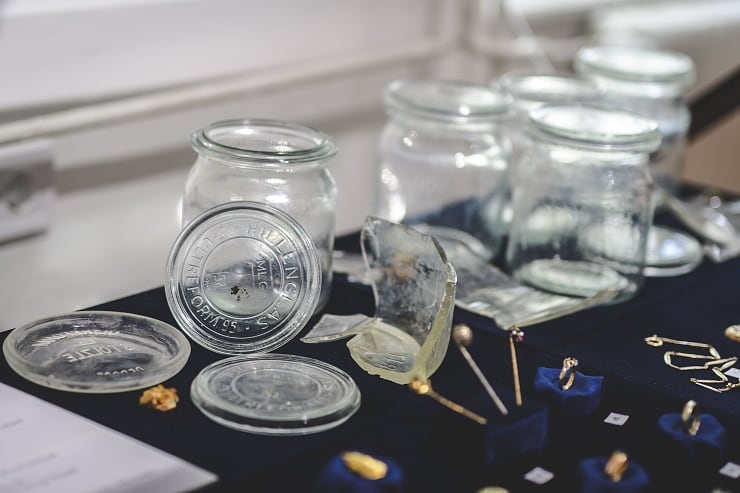Zajímavé, díky 

13.5.2019 24 jewels and 2776 gold and silver coins
Categories: Second World War , Nálezy nejenom s detektorem kovů ve východní Evropě
A real treasure was discovered in the cellar of a house in the former Jewish ghetto in Keszthely. It contained 24 jewels and 2,776 rare gold and silver coins. The original owners of this wealth are believed to have died in a concentration camp.
The ghetto was a gathering place for Jews who were deported to Auschwitz in 1944. The treasure was discovered by the current owners of the house, who immediately informed the authorities. Since no one claimed the treasure, the state acquired it. The original owners probably died in a concentration camp.
The treasure was exhibited by the Balaton Museum, which tried to find the relatives of the people who owned and hid the treasure. Jews had been gathering in the area where the treasure was found since exactly May 8, 1944. "The owners probably hid the treasure before the deportation to Auschwitz, which began on 20 June 1944," archaeologist and numismatist Ferenc Redő believes.
The treasure was stored in five glass jars. The new owners of the house found it when the groundwater was being pumped out of the cellar. The finders wished to remain anonymous. "We dug up five glass containers, carefully sealed. We hope that one day the right people will come forward," said one of the finders.
The collection found contained 2,776 gold and silver coins. About half of them date from the period when the territory of Hungary was inhabited by the Romans. But the treasure also contains older pieces. For example, a gold statue from the reign of Alexander the Great, who ruled in the 4th century BC. Other coins come from France, Germany, Russia and Asia.
"The collection is of incalculable value and can enrich our knowledge of the Holocaust. It is unique in terms of variety and quantity," said Bálint Havasi, director of the Balaton Museum.
In addition to the coins, the hoard also included 24 jewels that had to be professionally treated. Some of the pieces bear the initials PF. They are believed to be the property of the family of local Jewish merchant Ferenc Pollak. The jars contained, for example, a badge with this name or a ring with his initials and a medallion from 1902, when the merchant's daughter became engaged to the doctor Samuel Rosenberg.
However, none of the family survived the Holocaust. Before World War II, about 900 Jews lived in Keszthely near Balaton. Only a few dozen returned from the concentration camps.
Sources: https://welovebalaton.hu/, www.novinky.cz, www.ceskatelevize.cz




The article is included in categories:



